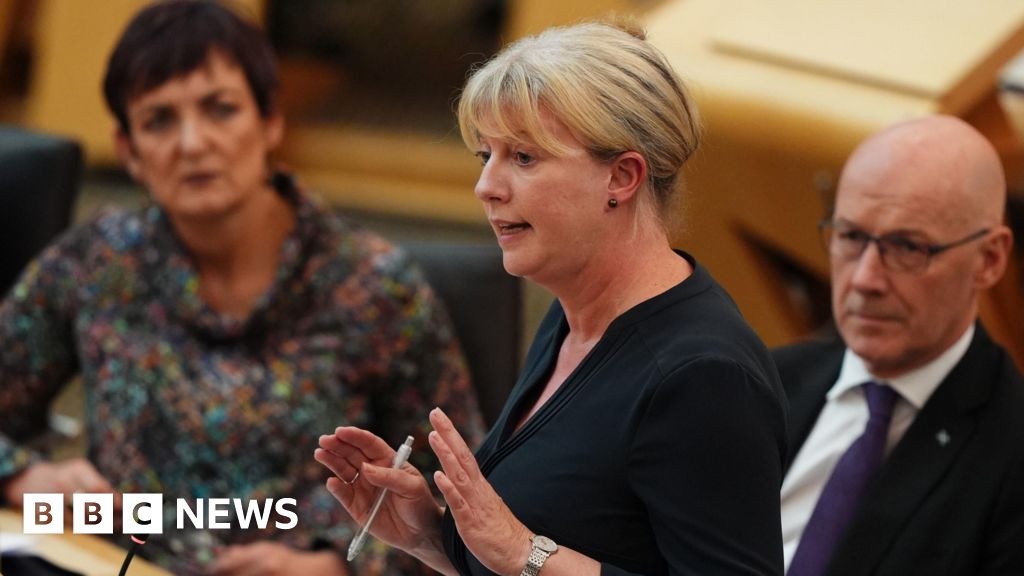Bussiness
What are the tax options in the Scottish budget?

If you have to move home because of work, or perhaps a change in family circumstances, you may find you’re paying a large tax bill.
This used to be known as stamp duty – and in England, it still is. In Scotland, this is known as Land and Buildings Transactions Tax, and it is ramped up to high rates at a lower price level than in England.
While there isn’t much to pay on below-average house purchases, a £400,000 home (twice the average price) carries a £13,350 bill in Scotland and £7,500 in England. If it’s a second home, as an investment for rental perhaps, it rises to £37,350 in Scotland and £27,500 in England.
Tax experts, including the IFS, say this is also due for a big reform.
They argue there is no sense in penalising those who have to move house. It would make more sense to lower this tax and raise a similar amount of money for living in a house rather than buying it – taking us back to council tax reform.
These are the taxes closest to levying a share of wealth. From the left, including the Scottish Trades Union Congress (STUC), there are calls for wealth taxes, because that is where there has been widening inequality.
The Labour government at Westminster has tackled wealth as it passed down generations in the form of farmland and family businesses, provoking an angry response.
Making a wealth tax work in any country, and Scotland in particular, would be complex and face those “behavioural effects” of avoidance. But it could be part of a tax strategy in the longer term.










